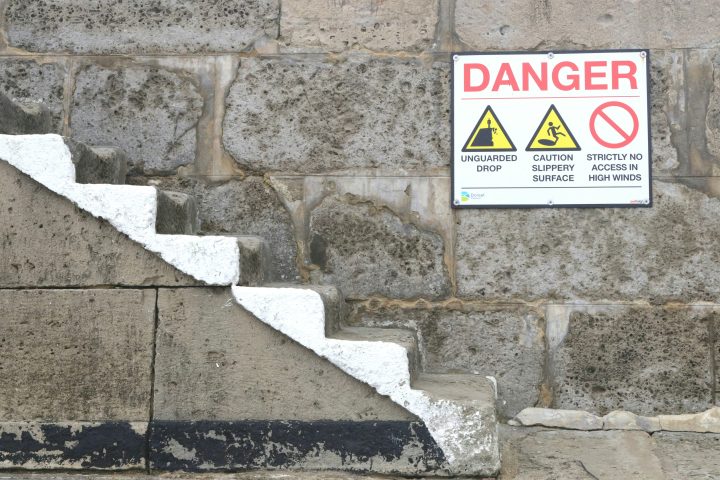Today, big loads of information are at our fingertips. We all know that there’s no such a person who can be an expert in every field, or even in every field in some specific area, like IT. Still, for some people, the idea of becoming a specialist in all possible areas can seem tantalizing. Or maybe they just feel they have so much more to share, tell, or give compared to others. It’s a dream many of us have entertained at some point. However, the reality is far more complex. While it’s tempting to think we can master everything, acting as a universal specialist often leads to significant drawbacks.
The Reality Check of Limits of Human Capacity
Despite our best efforts, the human brain has its limits. Think about, for example, IT. Even during the times of Google, Copilots, and ChatGPTs specializing in one area requires years of education, training, and practical experience. True expertise is not just surviving from comment, problem, or question to another but having a baseline of information that allows you to engage deeply and thoughtfully with any challenge that comes your way. It’s about possessing a foundational understanding that allows you to see the bigger picture, connect disparate pieces of information, and apply your knowledge creatively to solve complex problems, engage in hands-on practice, and continue learning to keep up with advancements. Trying to achieve this level of proficiency across multiple disciplines simultaneously is not just challenging—it’s virtually impossible.
Moreover, the sheer volume of knowledge in each field has grown exponentially. Medicine, for example, has hundreds of specialties, each requiring extensive study. Technology, engineering, and the arts are similarly vast. Even if one has the time and resources, the depth of knowledge needed in each area is overwhelming.
The Dangers of Acting Like a Specialist
Despite these limitations, some people act as if they are experts in everything. This can lead to several negative consequences:
- Undermining Real Experts: True specialists spend years honing their skills and knowledge. When others dismiss their expertise by pretending to be equally knowledgeable, it undermines the value of their hard work and can lead to a devaluation of expert opinions in society. How would you feel working with someone who constantly acts like they know it all and all you hear is mixed concepts and errors?
- Misinformation and Errors: Pretending to know everything can spread misinformation. When people act outside their expertise, they are more likely to make errors, which can have serious repercussions, especially in critical fields like healthcare or engineering.
- Erosion of Credibility: Overstepping one’s knowledge boundaries can damage one’s reputation. Once credibility is lost, it’s challenging to regain the trust of peers and the public.
- Poor Decision-Making: In professional settings, acting as a jack-of-all-trades can lead to poor decision-making. Individuals might, or actually most likely will, overlook critical details without in-depth knowledge, leading to flawed outcomes.
Stay humble!
If you have noticed that you tend to be that Jack-of-all-trades a bit too much, I highly recommend you seek an opportunity to lead a team whose expertise you have zero prior understanding or in-depth knowledge. It’s a beautiful reminder that being a specialist in all areas is unrealistic, but there is value in being a well-rounded individual.
To strike a balance, one should embrace lifelong learning by continuously seeking knowledge in various fields while recognizing personal limits. It is also crucial to respect expertise by acknowledging and valuing the knowledge of others. When faced with complex problems, consulting specialists with the necessary depth of knowledge is essential. Collaborating with diverse teams allows for leveraging the strengths of various specialists, leading to more robust and innovative solutions. Additionally, maintaining humility about one’s knowledge and skills is essential; admitting when you don’t know something is a sign of strength, not weakness.
Stop and listen to yourself so you don’t miss your blind spot!
The dream of being a specialist in all possible areas is an enticing but impractical fantasy. And still, surprisingly, many people have this behavior as their blind spot. There’s nothing wrong with trusting oneself and having experience and knowledge, but if you constantly feel like you’re the smartest one in the room, it might be time to reassess your perspective. So stop and listen to yourself frequently. Embrace a balanced approach that values lifelong learning, respects true expertise, and fosters collaboration, leading to better personal and professional outcomes. Let’s celebrate each specialist’s depth of knowledge and skills and work together to create a more informed and effective workplace! As Stephen Hawking has said, “The greatest enemy of knowledge is not ignorance; it is the illusion of knowledge.”





1 comment on “Why Acting Like an Expert in Everything Falls Short”
Comments are closed.